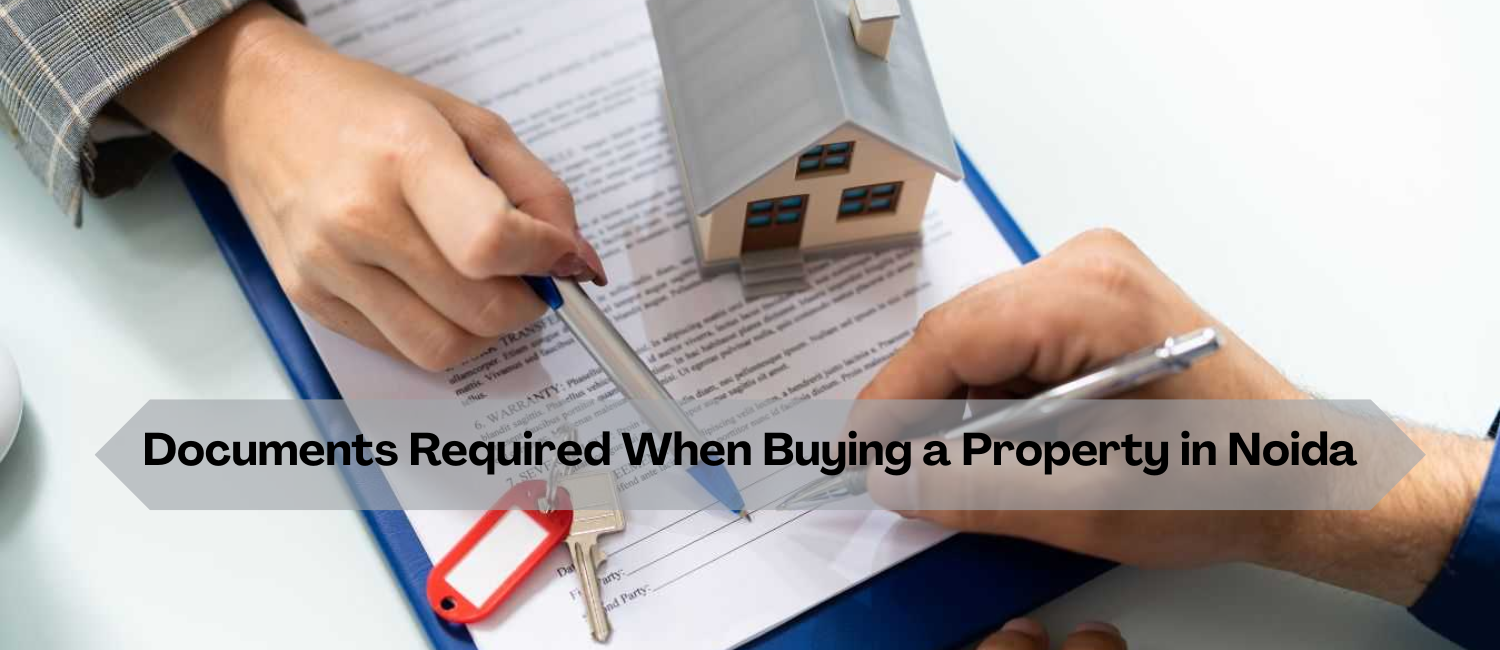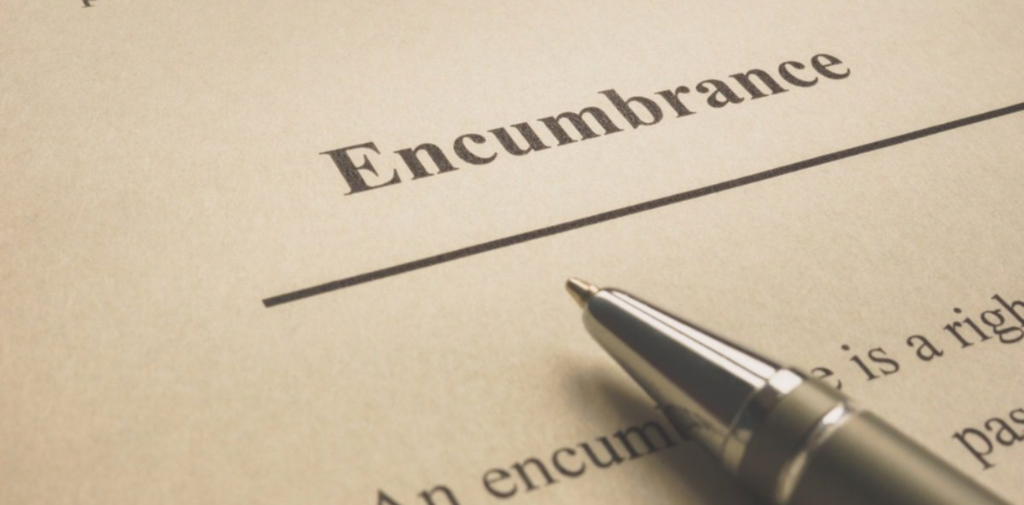
Buying a property in Noida is a significant milestone for many Indian families and investors. Whether you are purchasing your first home or investing in real estate, the process involves several important steps, with paperwork being a key part of it. Understanding the documents required when buying a property in Noida is essential to ensure a smooth and hassle-free transaction. This article will guide you through the essential paperwork involved, helping you avoid common pitfalls and safeguard your investment. With clear explanations and practical advice, this guide is tailored for Indian buyers who want to make informed decisions in Noida’s dynamic real estate market.

Understanding the Importance of Proper Documentation
When purchasing property in Noida, legal clarity and transparency are paramount. Proper documentation not only protects you from fraud but also ensures your ownership rights are well-established. The real estate market has evolved with regulations such as RERA (Real Estate Regulatory Authority), which mandate builders and sellers to maintain clear records and comply with legal standards. Having all the necessary documents in place provides peace of mind and makes future transactions, like resale or loans, easier. Therefore, before making any payment or signing agreements, familiarizing yourself with the required documents is crucial.
Title Deed and Ownership Proof
The title deed is the most important document that establishes the ownership of the property. When buying in Noida, you must verify that the seller or builder holds a clear and marketable title. The title deed should be free from disputes, encumbrances, or legal issues. This document confirms the seller’s right to sell the property and protects you from any future ownership conflicts. You should also check the chain of ownership to ensure the property has been legally transferred in the past. This helps verify that the land or property has no legal complications and is ready for transfer.
Sale Agreement and Builder Approvals
Once you decide on a property, the sale agreement or agreement to sell is the next important document. This contract outlines the terms and conditions between the buyer and the seller or builder. It includes details like the sale price, payment schedule, possession date, and penalty clauses in case of delays. In Noida, especially for new developments, it is vital to confirm that the builder has all necessary approvals from local authorities such as the Noida Authority and the municipal corporation. These approvals cover land use, building permissions, and environmental clearances. Checking these papers ensures that the project is legally sanctioned and reduces risks of future complications.

Encumbrance Certificate and Property Tax Receipts
An encumbrance certificate (EC) is a key document that proves the property is free from any monetary or legal liabilities, such as mortgages or loans. This certificate is issued by the sub-registrar’s office and covers a specific period, showing all registered transactions related to the property. Obtaining the EC helps buyers confirm that the property does not have any unpaid dues or legal claims. Alongside this, verifying property tax receipts is important to ensure that all taxes related to the property have been paid up to date. This also reflects that the property is maintained and recognized by the local municipal authorities.
RERA Registration and Compliance Documents
The introduction of RERA has brought transparency and accountability to the real estate sector. All builders and developers in Noida are required to register their projects under RERA and provide necessary documents such as project plans, approvals, and timelines on the RERA portal. When buying a property, always ask for the RERA registration number and verify it online. This registration protects buyers by holding builders accountable for delays and quality issues. It also provides a platform for grievance redressal. Investing in a RERA-registered property significantly reduces risks and enhances your confidence in the purchase.

Possession Letter and Allotment Letter
After completing the payment and upon project completion, the buyer receives an allotment letter and eventually a possession letter from the builder or seller. The allotment letter confirms the allocation of the specific unit to the buyer and is an important legal record. The possession letter is issued when the property is ready for handing over. These documents signify your right to take physical possession and use the property. It is essential to retain these letters safely, as they are required for registration, loan processing, and future resale of the property.
Additional Documents: Identity Proofs and NOCs
Along with property-specific papers, buyers also need to submit personal documents such as identity proof, address proof, and income statements, especially when applying for home loans. Builders may require these documents during the booking and payment stages. Furthermore, some properties may require No Objection Certificates (NOCs) from various government departments, like the pollution control board or local authorities. These NOCs certify that the property complies with all regulations and is free from disputes or restrictions. Ensuring these documents are in place adds another layer of security to your investment.
Conclusion: Documents Required When Buying a Property in Noida
Buying property in Noida requires careful attention to documentation to avoid legal issues and financial losses. The main focus keyword “documents required when buying a property in Noida” is vital for every buyer to understand, and along with related terms such as title deed, sale agreement, RERA registration, encumbrance certificate, and possession letter, forms the foundation of a secure real estate transaction. By following this comprehensive guide and consulting with legal experts, Indian buyers can confidently navigate the paperwork and enjoy the benefits of owning property in Noida’s thriving market.

